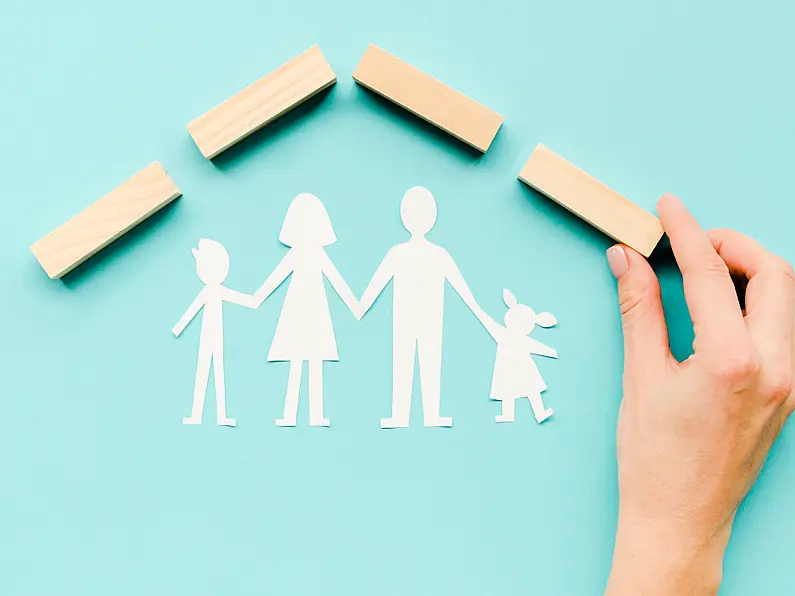Being mom is exhausting, so here are our 6 tips on how to get a good night's sleep.
Before you roll your eyes, we know this is MUCH easier said than done.
Children are demanding and if they aren't sleeping, you aren't!
But since you've likely never been more exhausted, this isn't sustainable and you WILL crash and burn.
We can't wave a magic wand - although we wish we could! - but we can share these tried and tested 6 tips on how to get a good night's sleep.
6 tips on how to get a good night's sleep
Doing the right things in the hour before bedtime can make all the difference in how well you sleep.
Yes, you heard us right; sleep quality can be drastically impacted by your pre-bedtime routine.
Research has shown that better - not necessarily longer - sleep is associated with many benefits including better learning, memory and mood.
Plus, high-quality sleep is linked to lower blood sugar and better weight management.
- Wind down: This can be a calming thing to look forward to, whether it’s reading a book, rinsing off in a lukewarm shower, or simply writing down some things you’re grateful for from the past 24 hours. That also means avoiding stimulants like screens, caffeine and high energy workouts for example.
- Don't judge: Don't obsess over how much sleep you're going to get, or whether your bedtime routine hasn't gone exactly to plan. These negative thoughts will only make things worse.
- Take a warm bath or shower: About an hour before bed is a great time to wash away the stress of the day, according to one research analysis published in Sleep Medicine Reviews. Just make sure not to do it too close to sleep time, as your body temperature needs time to return to normal. Aim for exactly one hour (or a little more) before lights out.
- Avoid doom scrolling: Avoid things that can potentially increase stress, worry or high emotions, which could include everything from social media to emails.
- Prepare your sleep space: This is what we call sleep hygiene and it is vital in getting a good night's sleep. You need to ensure your bed is used only for sleep and that means reading in bed, no watching TV in bed, and no snoozing your alarm in bed for too long in the morning.
- Don't eat or drink: When we eat or drink too close to bedtime, that gives our body something else to focus on when it should be shifting into a snooze state. According to research, eating before bed can also be tied to metabolic syndrome, which includes high body fat and blood pressure, which can increase your likelihood of developing Type 2 diabetes or heart disease. Alcohol especially is a no-no as it disrupts your REM cycle, lessening your sleep quality.
Practice makes perfect
Our best advice is not to overthink this.
Relaxation doesn't always come automatically so it's important that you give yourself time to learn how to switch off.







